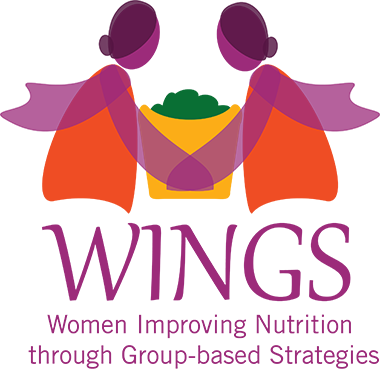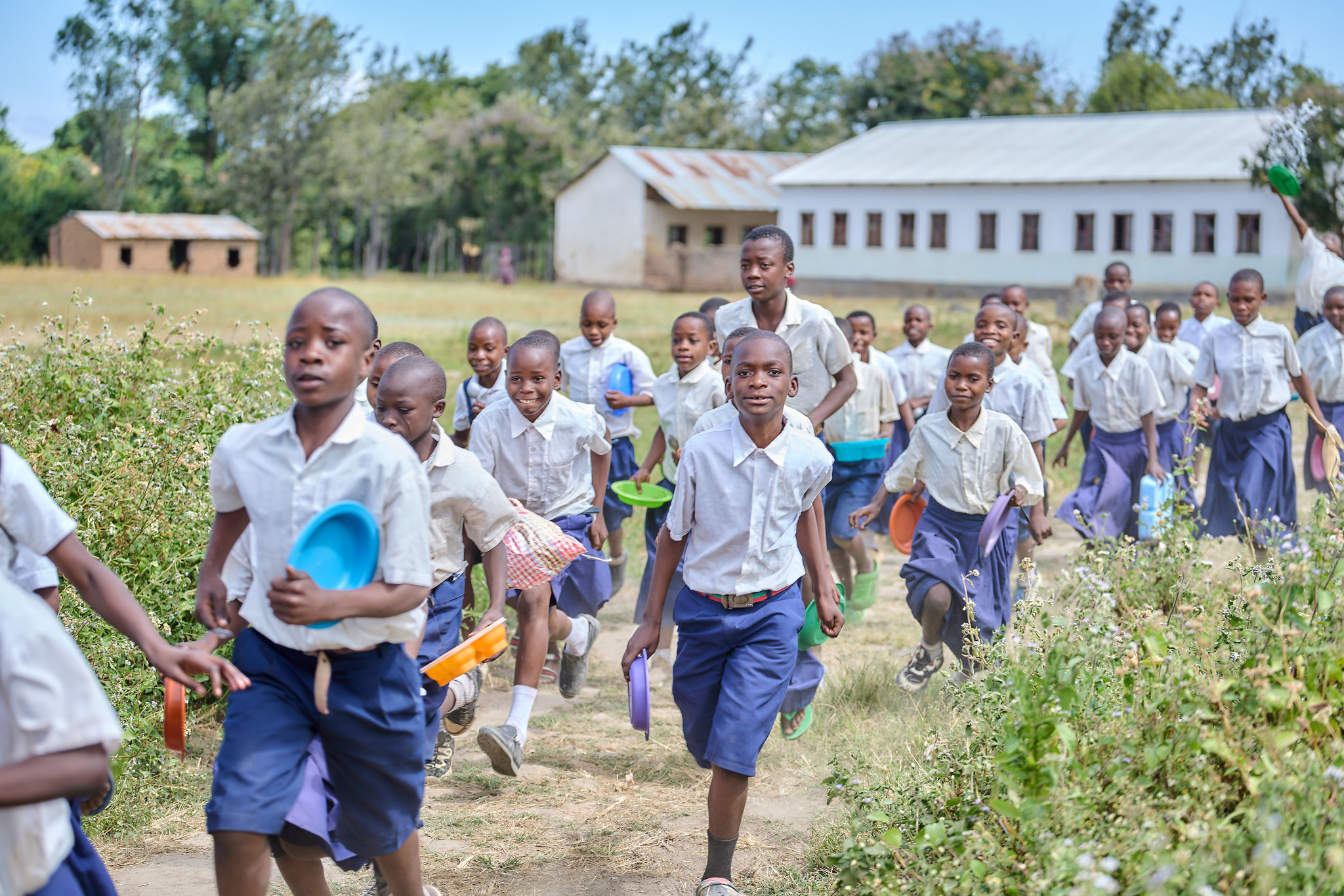The following story was originally published on the CGIAR Research Program for Agriculture for Nutrition and Health (A4NH) website.
All over the world, people are paying attention to the transformative role of women’s groups. Women, when organized in groups, have been able to achieve change within their communities, households, and themselves, despite facing great odds, such as restrictive gender norms that limit the scope of their decisionmaking, legal systems that prohibit them from owning property, or domestic responsibilities that limit their ability to engage in income-earning opportunities or to rest and take care of their own health. Will women’s groups be able to help poor rural overcome the obstacles of limited access and control of resources, time poverty, and patriarchal gender norms to improve nutrition in India?
Although India is booming, economically, in many parts, nutrition among adolescent girls, women, and children remains a significant development challenge. Despite impressive gains in child nutrition in recent years as seen in the Rapid Survey on Children from the Ministry of Women and Child Development in India, several states still carry a high burden of undernutrition, with over a third of children stunted, and close to half of the adolescent girl population chronically energy deficient (body mass index <18.5). Anemia has remained high in India for at least three decades. Improvements in child nutrition have been particularly slow in states without strong economic growth and governance that delivers public services. In states like Bihar, Uttar Pradesh and Jharkhand, improvements in nutrition have been slow and less impressive than in other states like Maharashtra. Evidence on what works to improve nutrition points to the role of important drivers, such as improvements in household assets, food security, women’s status, sanitation, and provision of health care, in addition to targeted nutrition interventions. Yet, because undernutrition is complex and driven by several determinants at multiple levels, it cannot be attacked with single-shot interventions.
Thus, to improve nutrition, interventions addressing multiple determinants must ramp up simultaneously, especially in rural areas where opportunities to improve household assets, food security, women’s empowerment, and improve delivery of health and nutrition services are often limited. Self-help groups (SHGs) offer a promising possibility, both globally, and in India. Based on the modality of organizing poor women into groups, initially working through building their own empowerment and agency, SHGs are increasingly being leveraged by government and non-governmental organizations (NGOs) as a platform for reaching communities to facilitate savings and credit activities, and also to strengthen rural livelihoods, increase demand for — and accountability of —public entitlements, and deliver health and nutrition information. Since women are the entry-point for SHG-delivered interventions, they also have the potential to reach millions of other women to improve livelihoods and act as a platform for delivering health and nutrition interventions.
How do SHGs work? Although specifics may vary, PRADAN, one of India’s largest NGOs that works through SHG platforms, typically builds on a three-phase implementation modality in which: (1) the first six months focus on developing group norms and ensuring regular meetings and savings; (2) the next 6-24 months involve capacity building, micro-investment planning, strengthening existing livelihoods of members, linkages with banks, and setting up a federated structure, and (3) beyond 24 months, activities focus on visioning/planning, promoting new livelihoods, new products, and creating social capital. Given India’s predominantly agriculture-driven rural economy, how can integrated agriculture-nutrition interventions use the SHG platform as a launching pad to improve diet quality and nutritional outcomes for women and children, including adolescent girls? Can these platforms also meaningfully engage other groups within the community, including men and community leaders, to become champions for women’s empowerment and improved nutrition for their families?
A new research project, Women Improving Nutrition through Group-based Strategies (WINGS), led by the International Food Policy Research Institute (IFPRI) in partnership with PRADAN, one of India’s largest NGOs, and supported by the Bill & Melinda Gates Foundation and A4NH, aims to evaluate the impact and pathways to impact of SHGs on women’s and children’s nutrition in India, focusing on agriculture-nutrition pathways. It seeks to identify how different SHG typologies and characteristics influence underlying determinants of nutrition; the impact of SHGs on the diet and nutritional status of women and young children; and the impact of SHGs on the demand for public entitlement programs and accountability of those public services to citizens. From 2015-2019, WINGS proposes to undertake the following core activities: (1) strengthen the conceptual and empirical understanding of pathways through which SHGs can improve nutrition, in the context of an impact and process evaluation of an SHG-agriculture-nutrition intervention implemented by PRADAN; and (2) engage with and/or support an existing learning network on SHGs and health to enable uptake of emerging findings on agriculture-nutrition linkages and create demand for more evidence.
Our ultimate goal is to facilitate collaboration between implementers and researchers, in order to generate evidence on the most effective ways to design and implement agriculture- and livelihood-focused SHG programs for women’s empowerment and nutritional benefit.
Note: The WINGS project is supported by the Bill & Melinda Gates Foundation and by the CGIAR Research Program on Agriculture for Nutrition and Health (A4NH).







